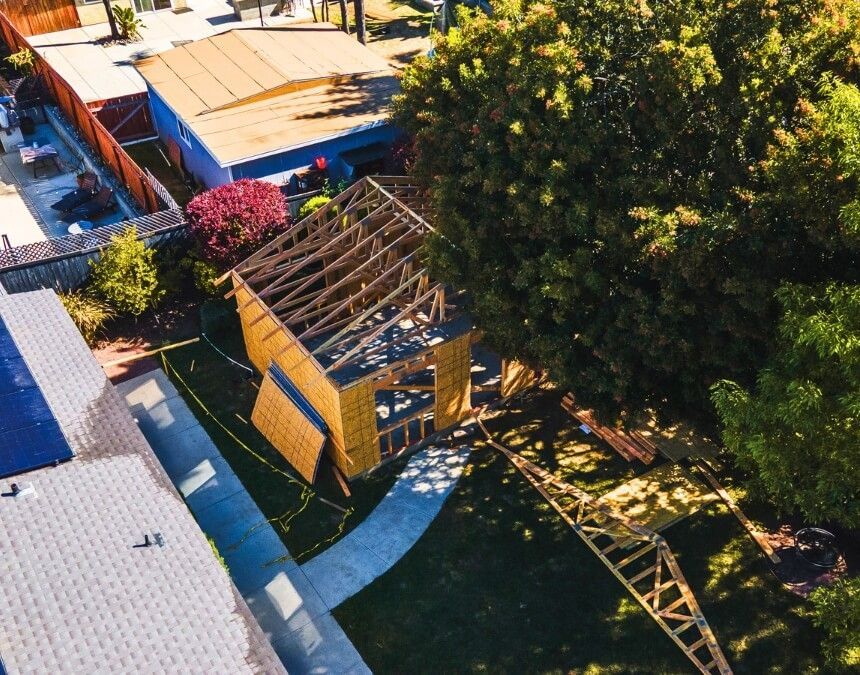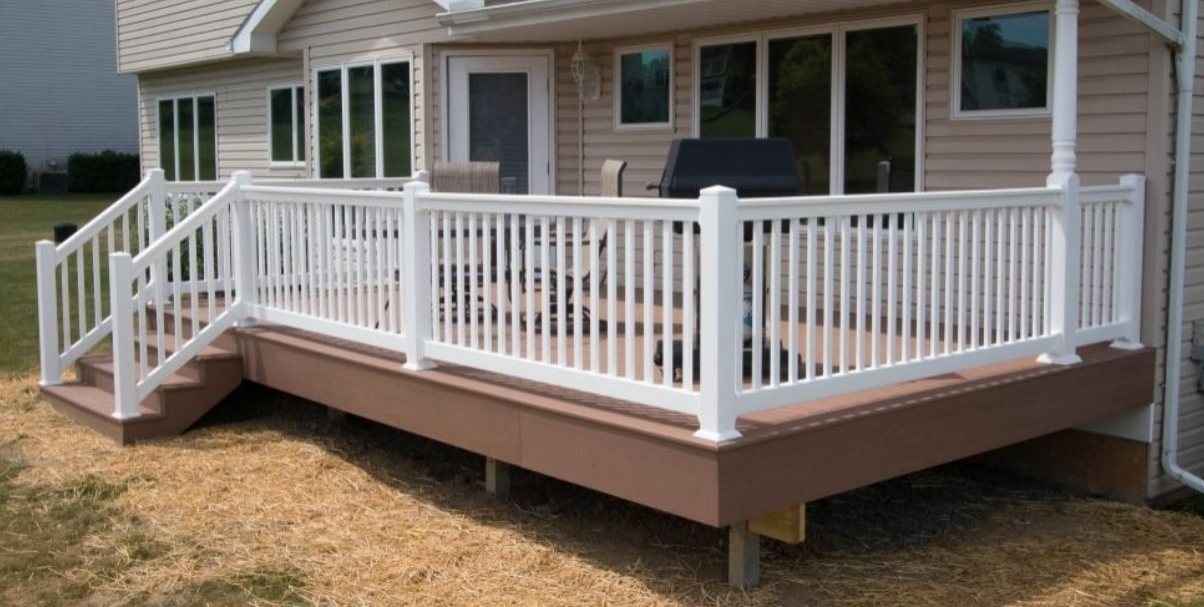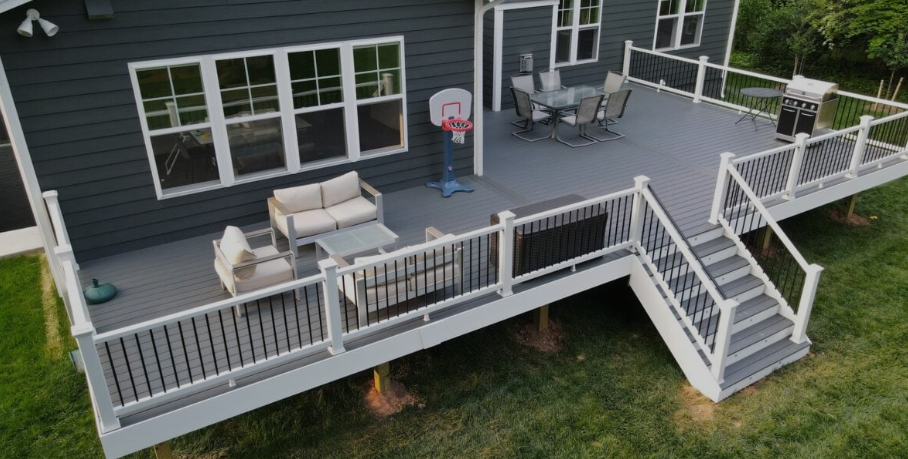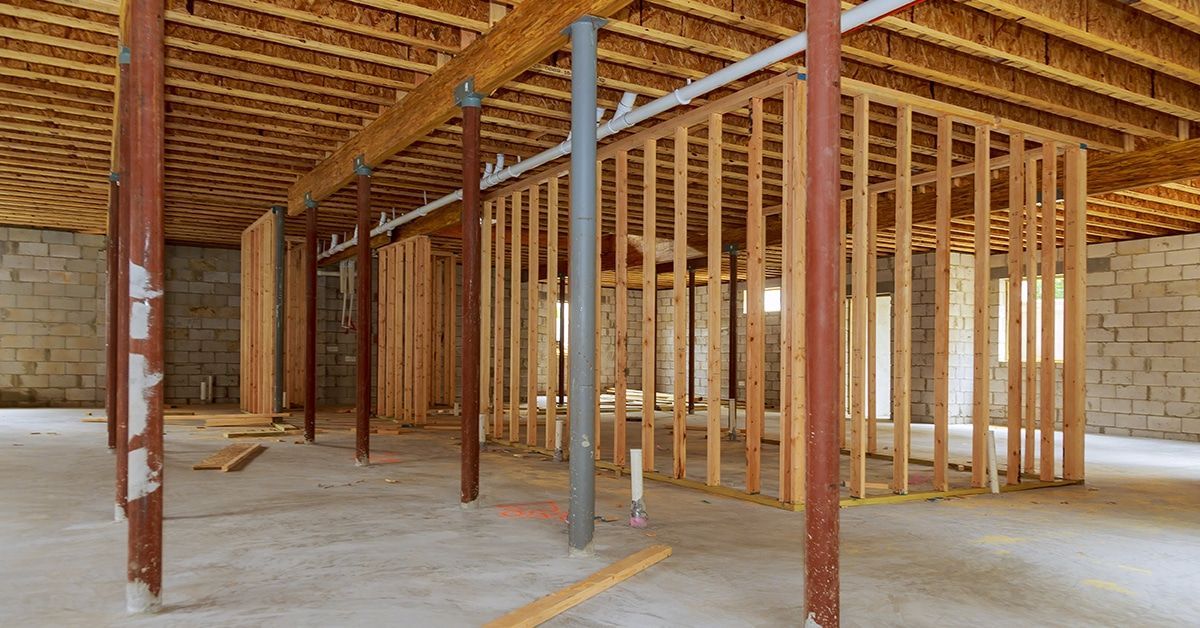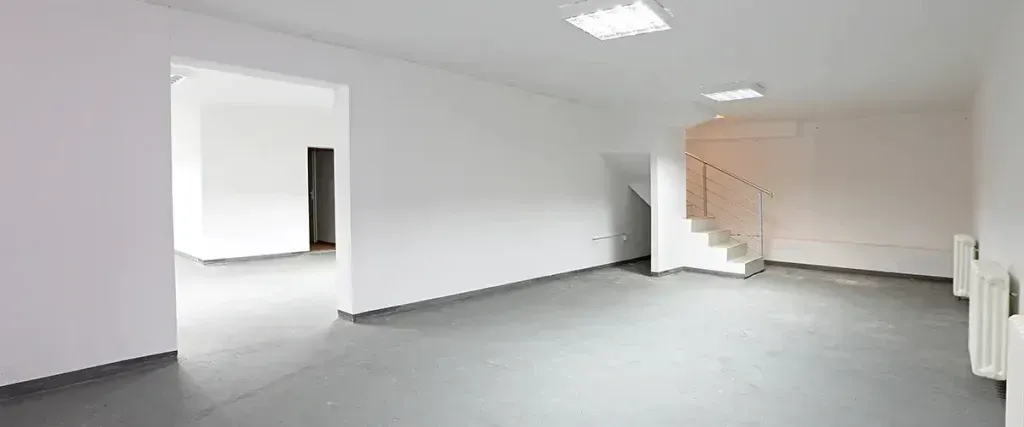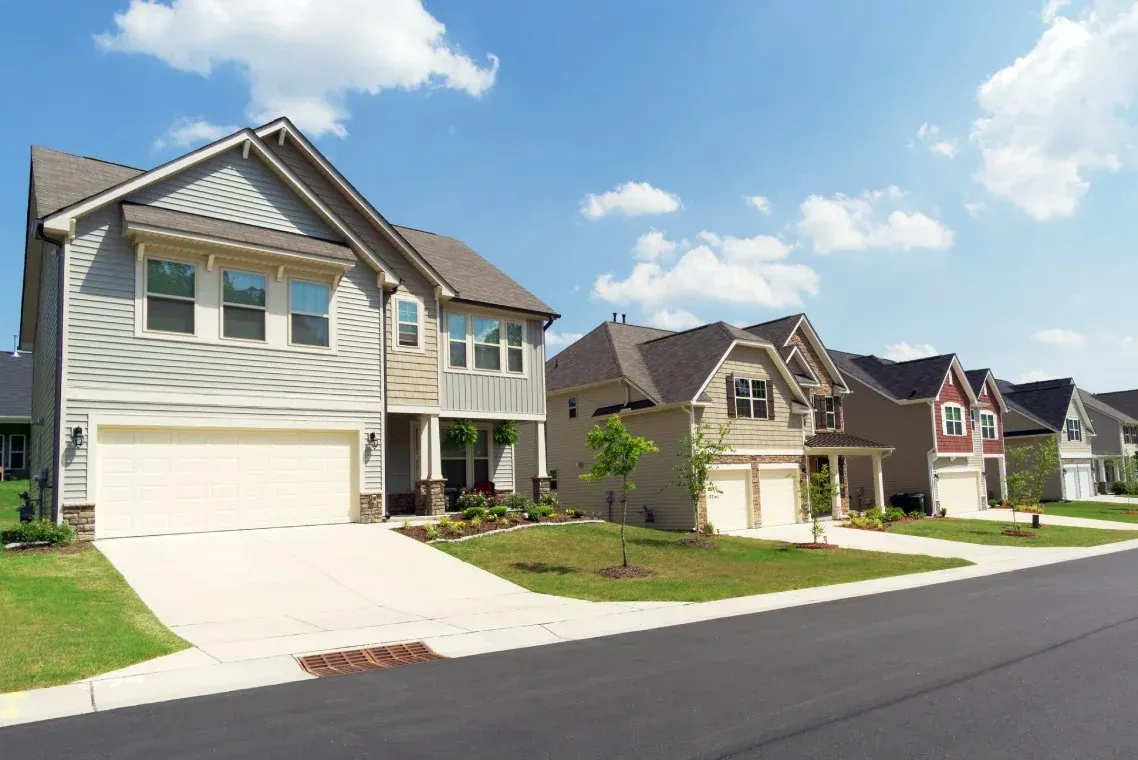Do I Need a Septic Inspection to Sell My House: Rhode Island
Yes, Rhode Island requires a septic inspection to sell your house if your property has an Individual Sewage Disposal System (ISDS). Rhode Island law mandates that all septic systems be inspected and receive a valid Certificate of Compliance before the property can be sold. This inspection must be performed by a licensed septic inspector within 12 months of the sale date.
Quick Answer: Rhode Island Septic Inspection Requirements
Required for home sales in Rhode Island:
- Septic inspection: Mandatory within 12 months of sale
- Certificate of Compliance: Must be obtained before closing
- Licensed inspector: Only certified professionals can perform inspections
- System repairs: Any issues must be resolved before sale completion
Rhode Island Septic Inspection Laws for Home Sales
Legal Requirements
Rhode Island General Laws Section 23-19.15 requires:
- Mandatory inspection of all ISDS systems before property transfer
- Valid Certificate of Compliance issued by the Rhode Island Department of Environmental Management (DEM)
- Licensed professional must conduct the inspection
- 12-month validity period for inspection certificates
Who Needs a Septic Inspection?
All Rhode Island properties with:
- Individual sewage disposal systems (septic tanks)
- Cesspool systems
- Alternative wastewater treatment systems
- Any on-site sewage treatment facility
Exempt properties:
- Homes connected to municipal sewer systems
- Properties with valid, recent inspections (within 12 months)
Rhode Island DEM Compliance
The inspection must meet Rhode Island Department of Environmental Management standards:
- System functionality assessment
- Environmental compliance verification
- Structural integrity evaluation
- Capacity and performance testing
What Does a Rhode Island Septic Inspection Include?
Comprehensive System Evaluation
Tank Inspection
- Structural integrity assessment
- Baffle and outlet tee condition
- Sludge and scum layer measurements
- Tank capacity verification
- Lid and access port evaluation
Distribution System Check
- Distribution box inspection
- Pipe condition and alignment
- Flow distribution verification
- Pump system functionality (if applicable)
- Alarm system testing
Leach Field Assessment
- Soil absorption capability
- Drainage field condition
- Surface water pooling check
- Vegetation growth patterns
- Setback compliance verification
Rhode Island-Specific Inspection Requirements
Environmental Compliance
- Coastal zone compliance: Special requirements near water bodies
- Groundwater protection: Nitrogen reduction system verification
- Wetland setbacks: Distance requirements from sensitive areas
- Well water protection: Contamination prevention measures
Regulatory Compliance
- Permit verification: Current ISDS permits on file
- System modifications: Any unpermitted changes identified
- Capacity matching: Bedroom count versus system size
- Setback requirements: Distance from property lines and wells
Rhode Island Septic Inspection Process
Step 1: Schedule Licensed Inspector
Finding Qualified Inspectors
- Rhode Island DEM certification: Verify inspector credentials
- Local experience: Choose inspectors familiar with RI regulations
- Availability: Book 2-3 weeks in advance during peak season
- Cost consideration: Typical inspection costs $300-$600
Step 2: Pre-Inspection Preparation
Homeowner Responsibilities
- Locate system components: Find tank, distribution box, and leach field
- Provide access: Clear vegetation and obstacles
- Gather documentation: Permits, previous inspections, maintenance records
- Schedule pumping: May be required before inspection
Step 3: Inspection Day
What to Expect
- Duration: 2-4 hours depending on system complexity
- Access requirements: Inspector needs entry to all system components
- Documentation: Detailed report with photos and measurements
- Immediate feedback: Initial assessment of system condition
Step 4: Results and Certification
Possible Outcomes
- Pass: Certificate of Compliance issued immediately
- Conditional pass: Minor repairs required before certification
- Fail: Major repairs or system replacement needed
Common Issues Found During Rhode Island Septic Inspections
Structural Problems
Tank Issues
- Cracked or deteriorated tanks: Common in older concrete systems
- Missing or damaged baffles: Affects system performance
- Faulty tank lids: Safety and access concerns
- Improper tank sizing: Inadequate capacity for home size
Distribution System Failures
- Clogged distribution boxes: Prevents proper effluent distribution
- Broken or misaligned pipes: Affects system hydraulics
- Failed pumps: In advanced treatment systems
- Damaged control panels: Electrical system issues
Performance Issues
Leach Field Problems
- Hydraulic failure: Soil no longer accepts effluent
- Surface breakout: Sewage appearing on ground surface
- Backup into tank: Indicates field saturation
- Odor issues: System overload or failure
Environmental Compliance Issues
- Setback violations: Too close to wells or water bodies
- Nitrogen exceedance: In coastal or groundwater protection areas
- Unpermitted modifications: Changes made without DEM approval
- Capacity issues: System undersized for current home use
Costs of Rhode Island Septic Inspections
Inspection Fees
Standard Inspection Costs
- Basic inspection: $300-$450
- Complex systems: $450-$600
- Emergency inspections: $500-$800
- Re-inspection fees: $150-$300
Additional Costs
- Tank pumping: $300-$500 (if required)
- Dye testing: $100-$200
- Soil testing: $500-$1,000 (if needed)
- System repairs: $500-$5,000+ depending on issues
Repair Costs for Common Issues
Minor Repairs
- Baffle replacement: $300-$600
- Lid repair: $200-$400
- Pipe repairs: $400-$800
- Pump replacement: $800-$1,500
Major Repairs
- Tank replacement: $3,000-$6,000
- Distribution box replacement: $1,500-$3,000
- Leach field repair: $3,000-$8,000
- System upgrade: $5,000-$15,000
Timeline for Rhode Island Septic Inspections
Planning Your Inspection
Recommended Timeline
- 3-4 months before listing: Schedule inspection early
- 2-3 months for repairs: Allow time for any necessary work
- 1 month buffer: Account for scheduling delays
- Closing preparation: Ensure all paperwork is ready
Seasonal Considerations
Best Times for Inspections
- Spring/Fall: Optimal weather conditions
- Summer: High demand, book early
- Winter: Limited availability, weather delays possible
Rhode Island Weather Factors
- Ground freezing: Can delay excavation work
- Wet seasons: May affect leach field assessment
- Hurricane season: Potential inspection delays
What Happens if Your Septic System Fails Inspection?
Immediate Actions
Assessment and Planning
- Detailed repair estimate: Get quotes from qualified contractors
- Prioritize repairs: Address safety issues first
- Timeline planning: Coordinate with sale closing date
- Buyer negotiation: Determine repair responsibility
Repair Options
Seller Responsibilities
- Complete repairs: Fix all issues before closing
- Provide warranties: Guarantee work quality
- Update permits: Obtain necessary approvals
- Re-inspection: Schedule follow-up inspection
Buyer Negotiations
- Credit at closing: Monetary allowance for repairs
- Escrow arrangements: Hold funds for future repairs
- Price reduction: Adjust sale price for system issues
- Contingency removal: Buyer accepts system as-is
Financial Considerations
Repair Funding Options
- Home equity loans: Use property value for repairs
- Personal loans: Quick funding for smaller repairs
- Contractor financing: Payment plans from service providers
- Sale price adjustment: Negotiate with buyer
Benefits of Early Septic Inspection
For Sellers
Market Advantages
- Confident pricing: Know true property condition
- Faster sales: Eliminate inspection delays
- Negotiation strength: Address issues proactively
- Reduced liability: Comply with disclosure requirements
Planning Benefits
- Repair scheduling: Complete work during off-season
- Budget planning: Know exact repair costs
- Contractor selection: Choose qualified professionals
- Permit coordination: Handle regulatory requirements
For Buyers
Purchase Confidence
- System condition: Know what you're buying
- Future planning: Understand maintenance needs
- Financing assurance: Avoid loan complications
- Move-in readiness: System functional at closing
Rhode Island Septic Inspection Documentation
Required Paperwork
Inspection Report Contents
- System description: Tank size, type, and age
- Component condition: Detailed assessment of all parts
- Test results: Pumping, flow, and capacity measurements
- Compliance status: Environmental and regulatory compliance
- Recommendations: Maintenance and repair suggestions
Certificate of Compliance
- Valid for 12 months: Must be current at closing
- DEM registration: Filed with state database
- Transfer requirements: Proper documentation for new owner
- Warranty information: Inspector liability and coverage
Record Keeping
Important Documents
- Original inspection report: Detailed system assessment
- Repair receipts: Proof of completed work
- Permit documentation: All regulatory approvals
- Maintenance records: Pumping and service history
Choosing a Rhode Island Septic Inspector
Qualification Requirements
Essential Credentials
- Rhode Island DEM certification: Current inspector license
- Insurance coverage: Liability and errors & omissions
- Local experience: Familiar with RI regulations
- Professional references: Satisfied customer testimonials
Experience Factors
- Years in business: Established track record
- System expertise: Knowledge of various system types
- Regulatory knowledge: Current with RI requirements
- Communication skills: Clear reporting and explanations
Questions to Ask Inspectors
Service Information
- How long have you been inspecting septic systems in Rhode Island?
- What is your typical inspection timeline?
- Do you provide written reports immediately?
- Are you available for re-inspections if needed?
Qualification Verification
- Can you provide your DEM inspector certification number?
- What insurance coverage do you maintain?
- Can you provide recent customer references?
- Do you offer any guarantees on your inspection work?
Rhode Island Municipal Variations
Local Requirements
Different Cities/Towns May Require
- Additional inspections: Beyond state requirements
- Specific timing: Different deadline requirements
- Local permits: Municipal approvals needed
- Enhanced standards: Stricter compliance requirements
Popular Rhode Island Locations
- Providence: Urban inspection challenges
- Newport: Coastal compliance requirements
- Warwick: Mixed sewer/septic areas
- Cranston: High-density development considerations
- Westerly: Coastal protection standards
Coastal Considerations
Special Requirements Near Water
- Enhanced nitrogen removal: Advanced treatment systems
- Stricter setbacks: Increased distances from water bodies
- Regular monitoring: Ongoing compliance verification
- Seasonal restrictions: Limited work periods
Preparing Your Home for Sale
Pre-Listing Checklist
System Preparation
- Schedule early inspection: 3-4 months before listing
- Complete necessary repairs: Address all issues
- Organize documentation: Gather all system records
- Plan for closing: Ensure smooth transaction
Property Preparation
- System accessibility: Clear paths to all components
- Landscape maintenance: Maintain grass cover over system
- Documentation organization: Prepare all permits and records
- Disclosure preparation: Honest system condition reporting
Working with Real Estate Agents
Agent Education
- System location: Show agent where components are located
- Inspection status: Provide current compliance documentation
- Repair history: Share maintenance and repair records
- Buyer questions: Prepare agent to answer system questions
Common Buyer Concerns and How to Address Them
Typical Buyer Questions
System Condition
- "How old is the septic system?"
- "When was it last pumped/inspected?"
- "What repairs have been made?"
- "How long will it last?"
Maintenance Requirements
- "What is the ongoing maintenance cost?"
- "How often does it need pumping?"
- "What can go wrong with the system?"
- "Are there any restrictions on use?"
Seller Responses
Preparation Strategies
- Maintenance records: Show regular care and upkeep
- Professional documentation: Provide inspection reports
- Warranty information: Offer guarantees on recent work
- Educational materials: Help buyers understand system operation
Environmental Impact and Compliance
Rhode Island Environmental Priorities
Groundwater Protection
- Contamination prevention: Proper system maintenance
- Nitrogen reduction: Enhanced treatment in sensitive areas
- Monitoring requirements: Regular testing and compliance
- Cleanup responsibilities: Seller liability for contamination
Coastal Protection
- Nutrient loading: Nitrogen impact on coastal waters
- Setback requirements: Distance from water bodies
- Enhanced treatment: Advanced systems near coastline
- Seasonal considerations: Peak usage impact
Compliance Benefits
Environmental Stewardship
- Water quality protection: Safeguard community resources
- Regulatory compliance: Meet state and federal requirements
- Property value: Maintain environmental asset value
- Community responsibility: Protect shared resources
Need a certified septic inspection for your Rhode Island home sale? Rockhouse Construction provides comprehensive septic inspection services throughout Rhode Island, ensuring full compliance with state regulations and smooth real estate transactions. Our licensed inspectors deliver detailed reports and can handle any necessary repairs to get your system approved for sale. Contact us today to schedule your septic inspection and ensure your home sale proceeds without delays.
